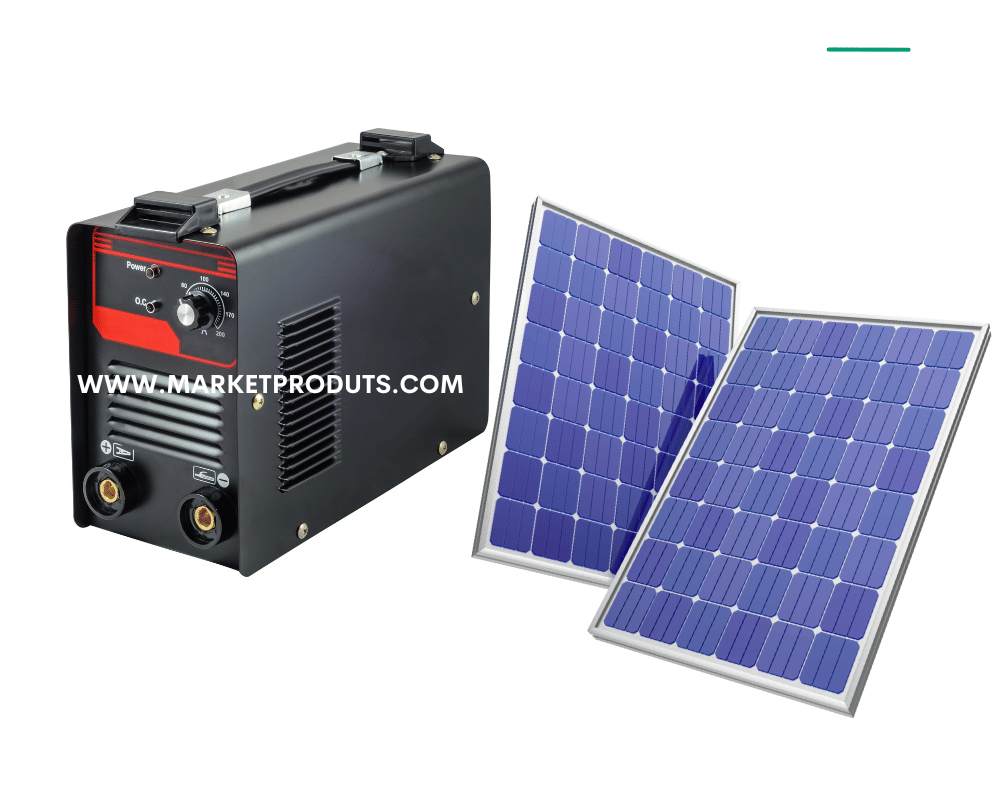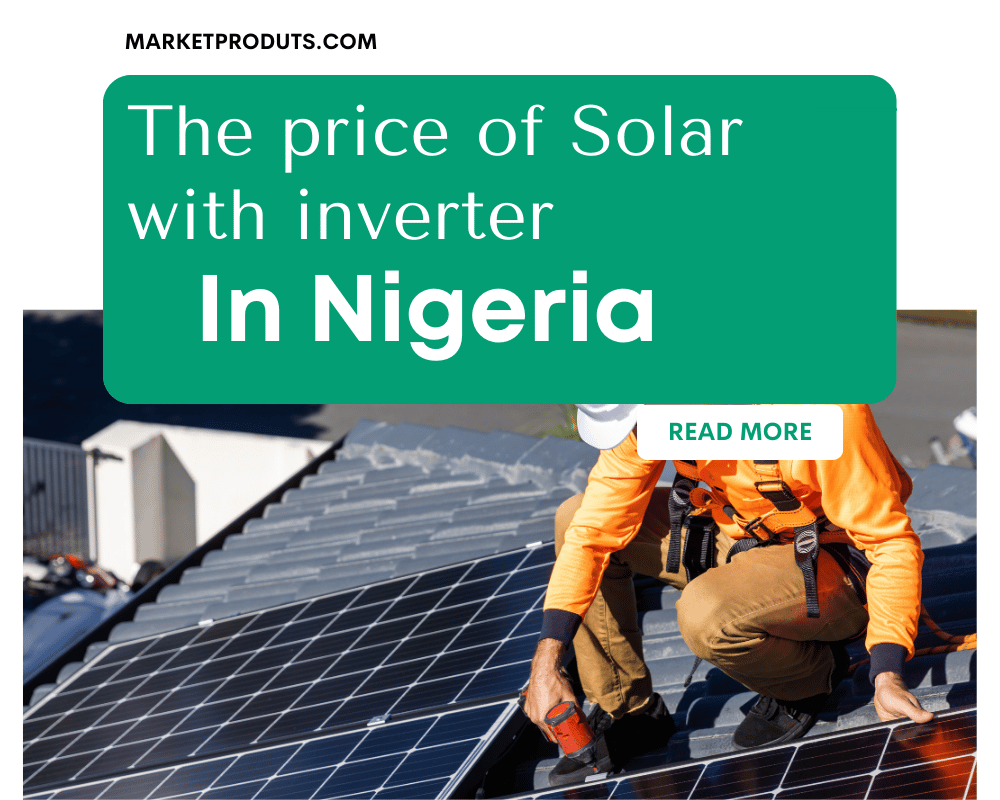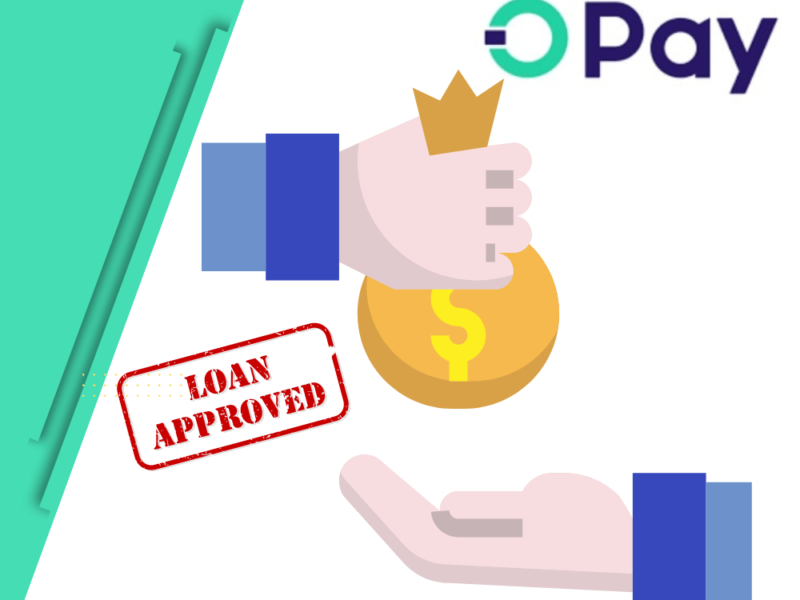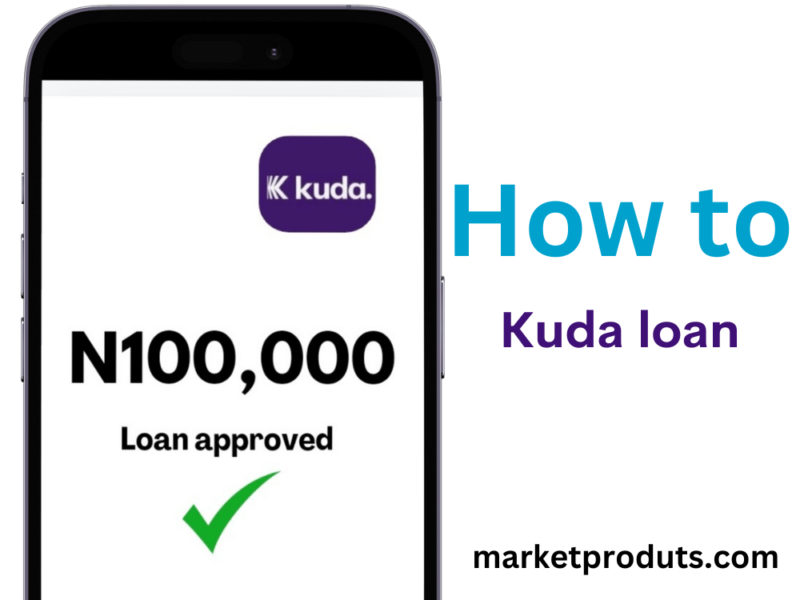The quest for reliable power supply has been an ongoing struggle for many Nigerians. With the constant power outages and the ever-rising cost of fuel, more people are turning towards alternative power sources. One such alternative gaining massive popularity is solar energy. But how much does it cost to set up solar with an inverter in Nigeria? In this article, we will break down the costs involved in installing solar power systems in Nigeria, the benefits, and what factors influence the overall price.
Read more: How To install solar panel on roof
What is Solar with Inverter?

Before diving into the costs, it’s essential to understand what we mean by “solar with inverter.” A solar power system typically comprises solar panels, an inverter, a battery storage system, and other balance of system components like mounting structures and wiring. The solar panels capture energy from the sun and convert it into DC (Direct Current) electricity. The inverter then converts this DC electricity into AC (Alternating Current), which is suitable for use in homes and businesses. Inverters play a crucial role in solar power systems as they ensure a stable power supply, regulate voltage, and help store excess energy in batteries for later use.
Factors Affecting the Cost of Solar with Inverter in Nigeria
Several factors influence the cost of installing a solar power system with an inverter in Nigeria. Understanding these factors can help you budget appropriately and choose a system that meets your needs and fits within your financial plans.
1. Type and Quality of Solar Panels
The type and quality of solar panels you choose significantly impact the overall cost. There are primarily three types of solar panels available in the market: monocrystalline, polycrystalline, and thin-film.
- Monocrystalline Panels: These are the most efficient and durable but also the most expensive. They are best suited for areas with limited roof space as they generate more power per square meter.
- Polycrystalline Panels: These are slightly less efficient than monocrystalline panels but come at a lower cost. They are a good choice for larger spaces where cost efficiency is a priority.
- Thin-Film Panels: These are the least efficient but are lightweight and flexible, making them suitable for specific applications. They are the cheapest option but may not be ideal for areas with limited space.
2. Inverter Type and Capacity
The inverter is the heart of a solar power system, and its type and capacity can affect the overall cost. There are three main types of inverters used in solar installations:
- Pure Sine Wave Inverters: These are the most efficient and provide clean power that is ideal for sensitive appliances. They are more expensive but highly recommended for most households.
- Modified Sine Wave Inverters: These are cheaper but less efficient and may not be suitable for all types of appliances.
- Hybrid Inverters: These combine the features of a solar inverter and a battery inverter, making them versatile but also more expensive.
The capacity of the inverter, measured in kilowatts (kW), should match your household or business energy needs. The higher the capacity, the more expensive the inverter.
3. Battery Storage Capacity
To store excess energy generated during the day for use at night or during power outages, you’ll need batteries. The cost of batteries depends on their type, capacity, and brand. Common types of batteries used in solar installations in Nigeria include lead-acid and lithium-ion batteries.
- Lead-Acid Batteries: These are cheaper but have a shorter lifespan and require regular maintenance.
- Lithium-Ion Batteries: These are more expensive but offer longer life, higher efficiency, and require little to no maintenance.
4. Installation Costs
The cost of installation can vary depending on the complexity of the setup, the size of the system, and the expertise of the installers. Hiring a certified and experienced installer is crucial to ensure that the system is installed correctly and safely. Poor installation can lead to system inefficiencies, frequent breakdowns, and even safety hazards.
5. Additional Components and Accessories
Other factors that contribute to the cost include the mounting structures, wiring, charge controllers, and other balance of system components. The quality and durability of these components also play a role in determining the overall cost.
6. Location and Accessibility
Your location within Nigeria can also impact the cost of installing a solar power system. Transportation costs, availability of skilled labor, and regional weather conditions can all influence pricing.
Average Cost of Solar with Inverter in Nigeria
Now that we understand the factors affecting the cost, let’s break down the average cost of solar with inverter setups in Nigeria.
1. Small Solar Systems (1kW – 3kW)
For a small home or a single room, a 1kW to 3kW solar system might suffice. This setup typically includes:
- 2 to 6 solar panels (250W each)
- A 1.5kVA to 3kVA pure sine wave inverter
- 1 to 2 battery packs (200Ah each)
- Installation and wiring
Average Cost: ₦350,000 to ₦1,200,000
2. Medium Solar Systems (4kW – 7kW)
For a medium-sized home or small business, a 4kW to 7kW system is more appropriate. This setup usually comprises:
- 8 to 12 solar panels (250W each)
- A 3.5kVA to 7.5kVA inverter
- 4 to 6 battery packs (200Ah each)
- Installation and wiring
Average Cost: ₦1,500,000 to ₦3,500,000
3. Large Solar Systems (8kW and Above)
Large homes, offices, and businesses with higher energy needs will require a system of 8kW or more. A typical setup includes:
- 16 or more solar panels (250W each)
- An inverter of 10kVA or higher
- 8 or more battery packs (200Ah each)
- Installation and wiring
Average Cost: ₦4,000,000 to ₦10,000,000+
Benefits of Investing in Solar with Inverter in Nigeria

Investing in a solar power system in Nigeria comes with several benefits, both financially and environmentally. Here are some of the key advantages:
1. Energy Independence
With a solar power system, you become less reliant on the national grid or fuel-powered generators, which are prone to frequent breakdowns and outages. You have a more consistent and reliable power supply.
2. Cost Savings
While the initial investment might seem steep, the long-term savings are substantial. Solar power systems have minimal operating costs compared to diesel or petrol generators, and you can save significantly on your electricity bills.
3. Environmental Benefits
Solar power is clean and renewable. By investing in a solar power system, you are reducing your carbon footprint and contributing to a healthier environment.
4. Low Maintenance
Once installed, solar power systems require little to no maintenance. Batteries and inverters may need occasional checks, but the overall maintenance cost is minimal compared to conventional power sources.
How to Choose the Right Solar with Inverter System in Nigeria
Choosing the right solar with inverter system can be overwhelming, given the numerous options available. Here are some tips to help you make the right decision:
1. Assess Your Energy Needs
Before purchasing a solar power system, calculate your daily energy consumption. This will help you determine the size of the solar panels, inverter, and battery storage you need.
2. Quality Over Price
While it might be tempting to go for the cheapest option, investing in quality components will save you money in the long run. High-quality panels, inverters, and batteries last longer and perform better, ensuring a reliable power supply.
3. Engage Professional Installers
Ensure that you hire certified and experienced solar installers. Proper installation is key to the efficiency and longevity of your solar power system.
4. Consider Warranties and After-Sales Support
Choose products that come with a warranty and offer good after-sales support. This is crucial in case of any faults or issues with your solar power system.
Conclusion
The cost of installing solar with an inverter in Nigeria varies based on several factors such as the type and quality of solar panels, inverter capacity, battery storage, installation costs, and location. On average, you can expect to spend between ₦350,000 to ₦10,000,000 depending on your energy needs and system size. Despite the initial investment, solar power is a reliable, cost-effective, and environmentally friendly solution for tackling Nigeria’s power challenges. By choosing the right system and investing in quality components, you can enjoy uninterrupted power supply and significant cost savings for many years to come.






